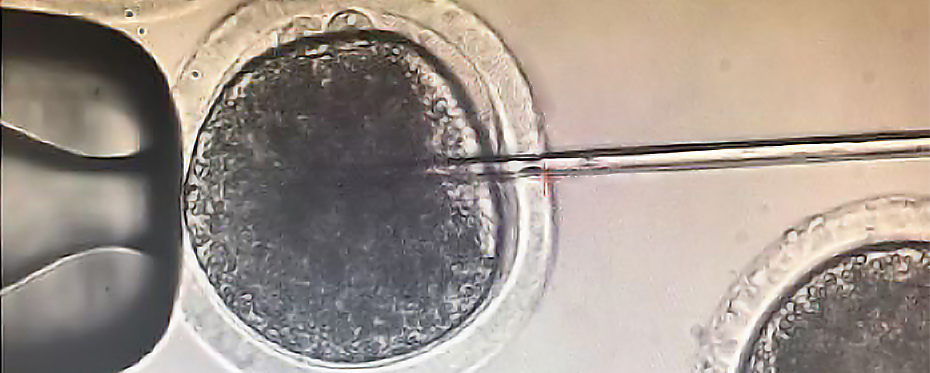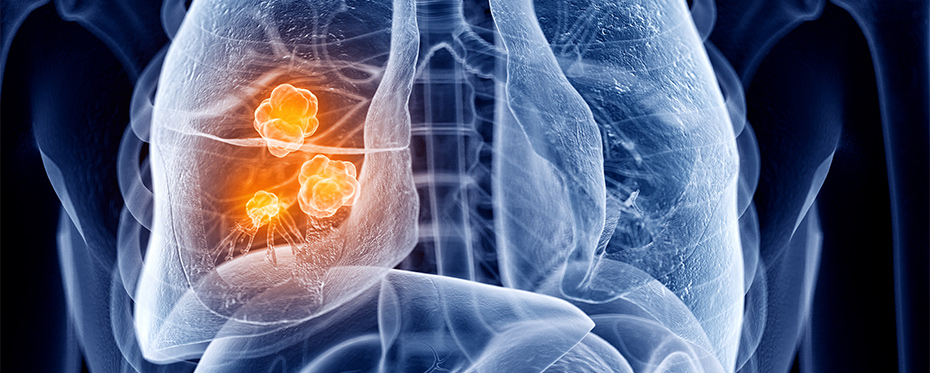Tag: university of california
Cooling Cryosim drops for treatment of cough

A cough can significantly impact our quality of life, disrupting sleep and daily activities. Coughing is usually a symptom of benign viral infections – but sometimes a cough can linger long after the infection has cleared and persist for months. There is a need for new treatments to alleviate lingering coughs. Professor Edward T Wei at the University of California, […]
Read More… from Cooling Cryosim drops for treatment of cough
A new strategy for the treatment of chronic wounds

Wound healing is highly regulated, but oxidative stress (OS) can disturb this healing process in chronic wounds. To better understand the process of initiating chronicity, Dr Manuela Martins-Green and her colleagues at the University of California investigated the impact of increased OS levels on wound healing by stimulating chronic wound development in a diabetic mouse model. The team provides insight […]
Read More… from A new strategy for the treatment of chronic wounds
Rethinking the Tree of Life with new tools

Professor Sung-Hou Kim and his colleagues from the University of California, Berkeley, have applied a new way of thinking to the Tree of Life, a concept that has been around since Darwin’s time. Drawing from their collective expertise, they applied an Information Theory-based non-alignment method to compare whole-proteome sequences, the protein sequences coded by all genes of each organism. Their […]
New doesn’t always mean better: Do consumers prefer older drugs?

With new drugs being approved and released every year, Dr Yun Jie, Assistant Professor of Marketing at the School of Business, Sun Yat-sen University China, in collaboration with Professor Ye Li from the School of Business at The University of California, Riverside, have investigated the effect of launch time on consumer choice. Using a series of studies, Dr Jie has […]
Read More… from New doesn’t always mean better: Do consumers prefer older drugs?
A new generation of induced pluripotent stem cells for regenerative medicine

Embryonic stem cells or induced pluripotent stem cells are unlimited sources for the generation of cell derivatives for the regeneration of failing organs. However, such cell transplants are subject to immune rejection by the recipient’s immune system. Drs Sonja Schrepfer and Tobias Deuse from the University of California, San Francisco, have developed a new generation of immune-edited induced pluripotent stem […]
Read More… from A new generation of induced pluripotent stem cells for regenerative medicine
How to make a CRISPR cow

Genome editing offers an opportunity to introduce useful genetic traits into livestock breeding programmes. However, it has proven difficult to insert large DNA fragments into livestock embryos using the CRISPR-Cas9 system. Dr Alison Van Eenennaam and Dr Joseph Owen, of the University of California, Davis, employed their knowledge of bovine embryogenesis and DNA repair pathways, and the help of a […]
Inflammatory bowel disease and epithelial barrier function

Inflammatory bowel disease (IBD) occurs when the epithelial cells lining the gut become weakened, allowing gut microbes to activate immune cells. Gut barrier weakening can be caused by a loss of function of the PTPN2 gene. Professor Declan McCole of the University of California, Riverside and various collaborators have extensively researched the role of the epithelial barrier in IBD, the […]
Read More… from Inflammatory bowel disease and epithelial barrier function
Novel imaging technique could lead to early diagnosis of lung cancer

Non-small cell lung cancer is one of the most widespread forms of the disease. As with many other cancers, the best chance of survival comes with early diagnosis; unfortunately, at present this often doesn’t happen. In research that has the potential to improve the prognosis of lung cancer patients, Dr Claudio Scafoglio and colleagues at the University of California, Los […]
Read More… from Novel imaging technique could lead to early diagnosis of lung cancer
Reproducible computer vision.
Cross-disciplinary and scalable image informatics

The LIMPID, or Large-Scale IMage Processing Infrastructure Development project aims to help scientists around the world to share information and advance the reproducibility of methods in the field of computer vision – or how computers ‘see’ and analyse images. The LIMPID project has applications in fields as diverse as materials science, biology, neuroscience, marine science, remote sensing, and medicine. The […]
Read More… from Reproducible computer vision.
Cross-disciplinary and scalable image informatics
Polymeric transformer: Nanoantibiotics for drug-resistant infections

The translational research of Professor Young Jik Kwon at the University of California, Irvine aims to fill a formidable void created by the lack of available effective antibiotics. Combining naturally-occurring antimicrobial substances with conventional antibiotics, Professor Kwon’s nanoantibiotics are a novel generation of compounds molecularly engineered to safely and effectively target drug-resistant bacteria. One of his current projects aims to tackle […]
Read More… from Polymeric transformer: Nanoantibiotics for drug-resistant infections